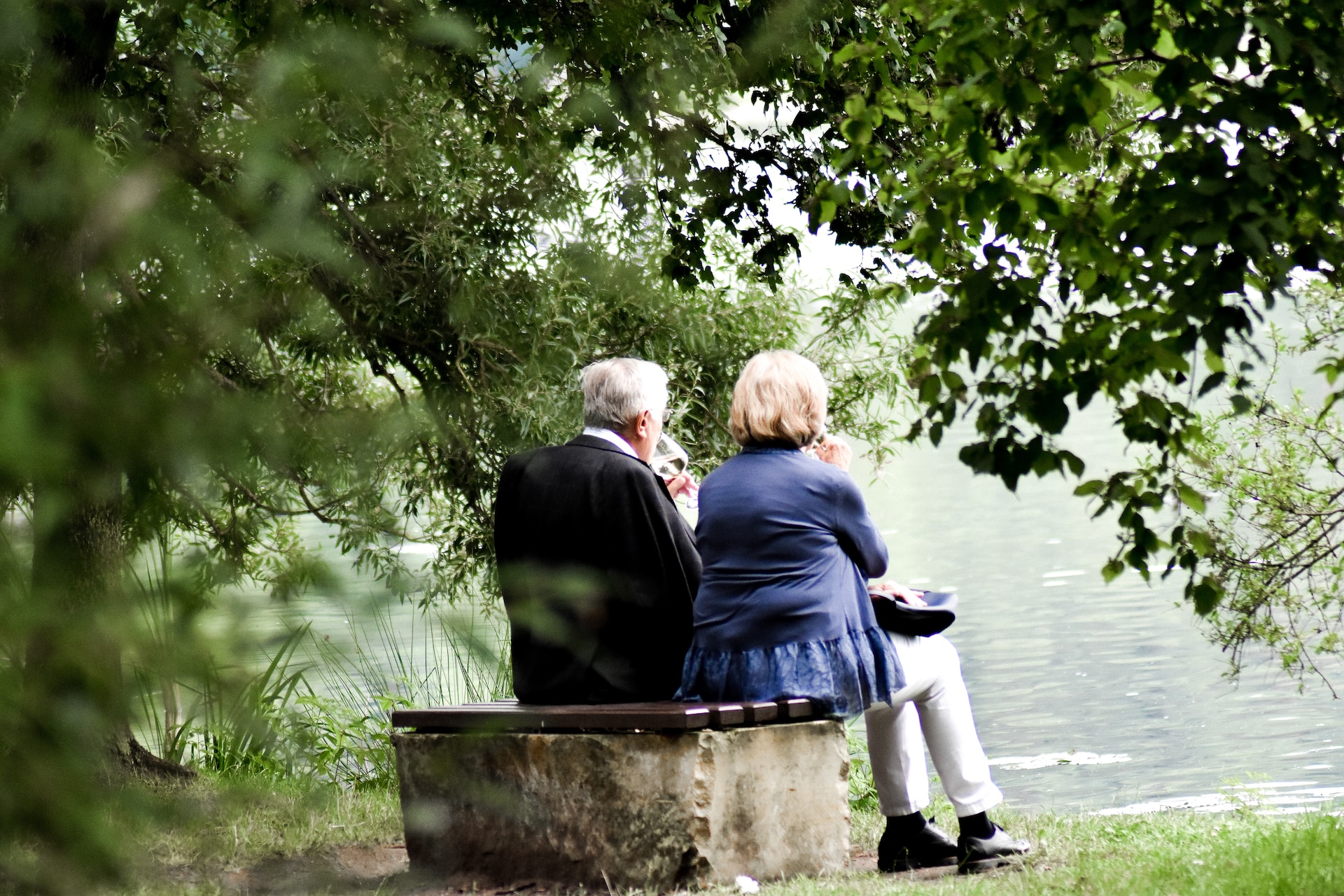 No one likes to feel out of control. We try to fight against our natural tendencies to go with the flow. But binge eating is a different behavior. It is grounded in compulsions, similar to Obsessive Compulsive Disorder (OCD). People with OCD engage in behavioral patterns that interfere with their daily lives, such as compulsively sanitizing and cleaning, touching items multiple times, or hoarding.
No one likes to feel out of control. We try to fight against our natural tendencies to go with the flow. But binge eating is a different behavior. It is grounded in compulsions, similar to Obsessive Compulsive Disorder (OCD). People with OCD engage in behavioral patterns that interfere with their daily lives, such as compulsively sanitizing and cleaning, touching items multiple times, or hoarding.
Compulsive eating is an urge brought on by insistent thoughts and emotions. Binges can come out of the blue, or you can plan a binge. However, most of the time, people are confronted with a trigger and engage in compulsive eating to temporarily lessen the anxiety and stress. The next time the trigger is presented, the person will binge again.
Compulsive eating interferes with a person’s life and can lead to medical conditions. You are also more likely to develop low self-esteem, poor body image, and low self-confidence.
Psychotherapy as compulsive eating treatment.
Talk therapy (psychotherapy) is typically the first method counselors use to treat compulsive eating. Compulsive behaviors are rooted in something, some negative thoughts or ideas about oneself. These thoughts may originate from childhood, trauma, abuse, or loss. Whatever the cause of compulsive eating, talk therapy aims to uncover it and help the client process the emotions in a healthy way to change self-destructive behaviors.
Talk therapy sessions give you a sounding board to vent your anger, frustrations, and emptiness to a trusted professional. In addition, a counselor can help instill new habits and promote a positive body image.
Nutritional therapy.
 Compulsive eating treatment should be a well-rounded and healthy program. If your body lacks essential nutrients, you are more likely to give into a binge when the urge strikes. In addition, if you wait too long between meals, you may binge to make the hunger pangs go away and end up overeating and losing all sense of fullness.
Compulsive eating treatment should be a well-rounded and healthy program. If your body lacks essential nutrients, you are more likely to give into a binge when the urge strikes. In addition, if you wait too long between meals, you may binge to make the hunger pangs go away and end up overeating and losing all sense of fullness.
A nutritionist can also keep you accountable by requesting that you journal your food intake, even the binges. Seeing the reports in writing opens our eyes and can be the catalyst we need for change.
Your nutritionist may ask you to eat a balanced meal every three to four hours, increase your water intake, eat a specific number of grams of protein and fiber, and record your meals and emotions throughout the day. This may sound tedious initially, but this accountability goes a long way in viewing food as fuel instead of comfort.
Exercise.
Did you know that you can distract your mind from a binge? It is true that if you can remove yourself from the environment and focus on something else for 15 to 60 minutes, the urge to binge should pass. Exercising is a great way to get your mind off compulsive behavior.
Try an activity you enjoy, such as walking, dancing, resistance training, or stretching. Think of fun activities that keep you from the kitchen and any triggers.
Online options for compulsive eating treatment.
Have you considered online Christian counseling as an option for compulsive eating treatment? By choosing a Christian counselor, you have a professional specializing in eating disorders with a background rooted in biblical principles. Your faith-based sessions can also be done online on a schedule that works for both you and your counselor.
Call us today to schedule your introductory session and see how counseling can help you beat compulsive eating.
Photos:
“Utensils”, Courtesy of CHUTTERSNAP, Unsplash.com, CC0 License; “Plates”, Courtesy of Frank R, Unsplash.com, CC0 License
-
Melissa Plantz: Author
Melissa Plantz is a Christian author and freelance writer. She spent twenty years in the pharmacy industry and has specialized in faith, fitness, nutrition, geriatrics, and mental health since 2015. She writes from the beautiful Lake Marion area in S...
DISCLAIMER: THIS ARTICLE DOES NOT PROVIDE MEDICAL ADVICE
Articles are intended for informational purposes only and do not constitute medical advice; the content is not intended to be a substitute for professional medical advice, diagnosis, or treatment. All opinions expressed by authors and quoted sources are their own and do not necessarily reflect the opinions of the editors, publishers or editorial boards of Stone Oak Christian Counseling. This website does not recommend or endorse any specific tests, physicians, products, procedures, opinions, or other information that may be mentioned on the Site. Reliance on any information provided by this website is solely at your own risk.





